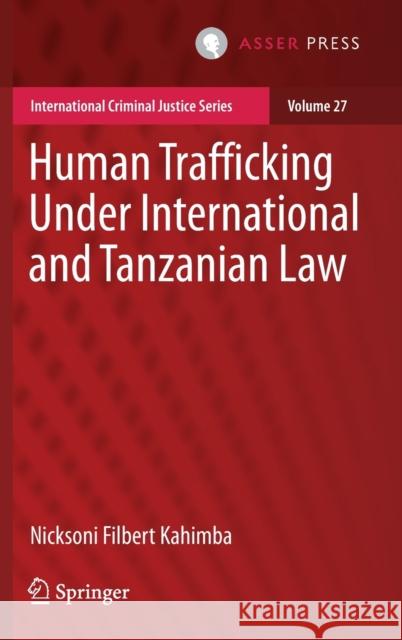Human Trafficking Under International and Tanzanian Law » książka
topmenu
Human Trafficking Under International and Tanzanian Law
ISBN-13: 9789462654341 / Angielski / Twarda / 2021 / 518 str.
Human Trafficking Under International and Tanzanian Law
ISBN-13: 9789462654341 / Angielski / Twarda / 2021 / 518 str.
cena 523,30
(netto: 498,38 VAT: 5%)
Najniższa cena z 30 dni: 501,19
(netto: 498,38 VAT: 5%)
Najniższa cena z 30 dni: 501,19
Termin realizacji zamówienia:
ok. 22 dni roboczych.
ok. 22 dni roboczych.
Darmowa dostawa!
Kategorie:
Kategorie BISAC:
Wydawca:
T.M.C. Asser Press
Seria wydawnicza:
Język:
Angielski
ISBN-13:
9789462654341
Rok wydania:
2021
Wydanie:
2021
Numer serii:
000763298
Ilość stron:
518
Waga:
0.92 kg
Wymiary:
23.39 x 15.6 x 3.02
Oprawa:
Twarda
Wolumenów:
01
Dodatkowe informacje:
Wydanie ilustrowane











